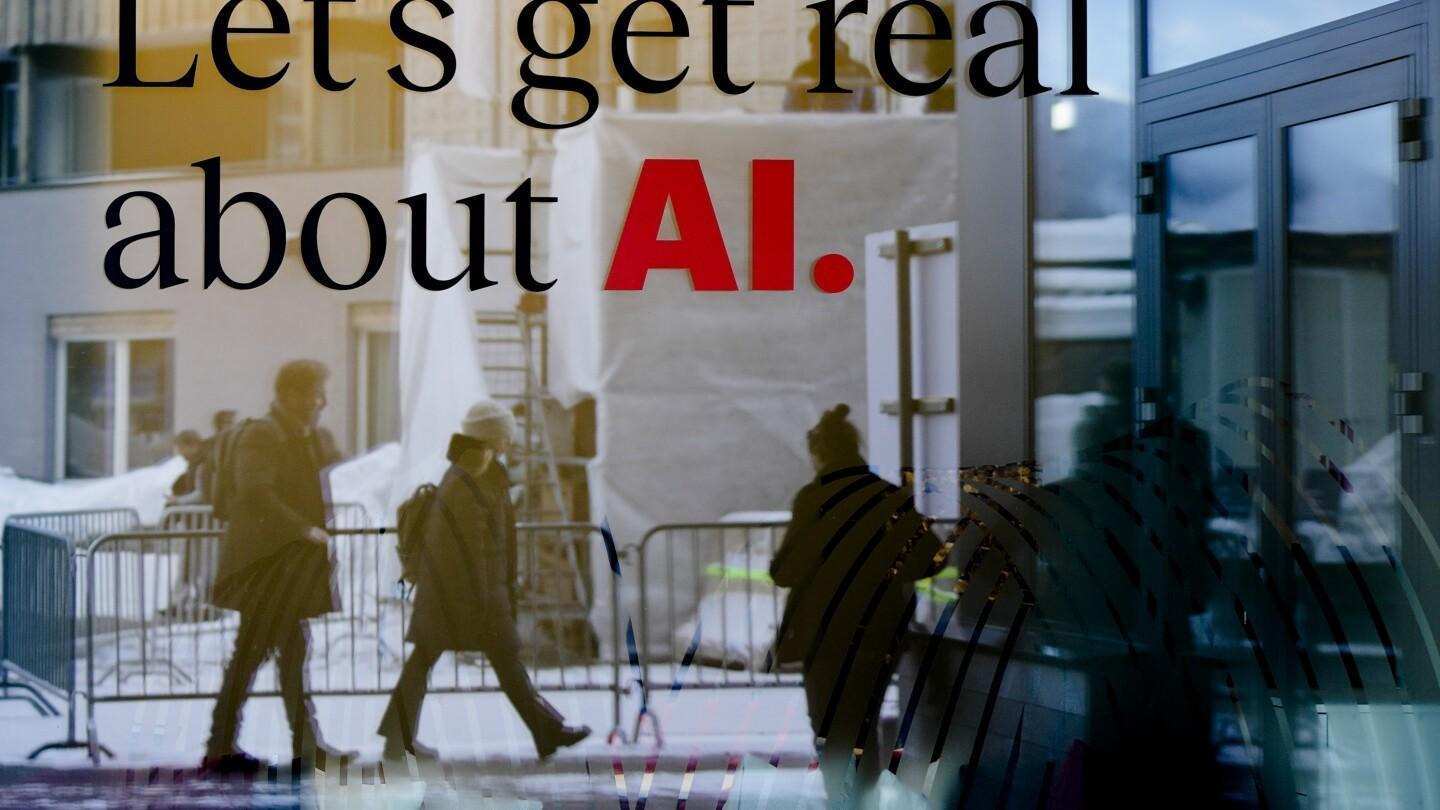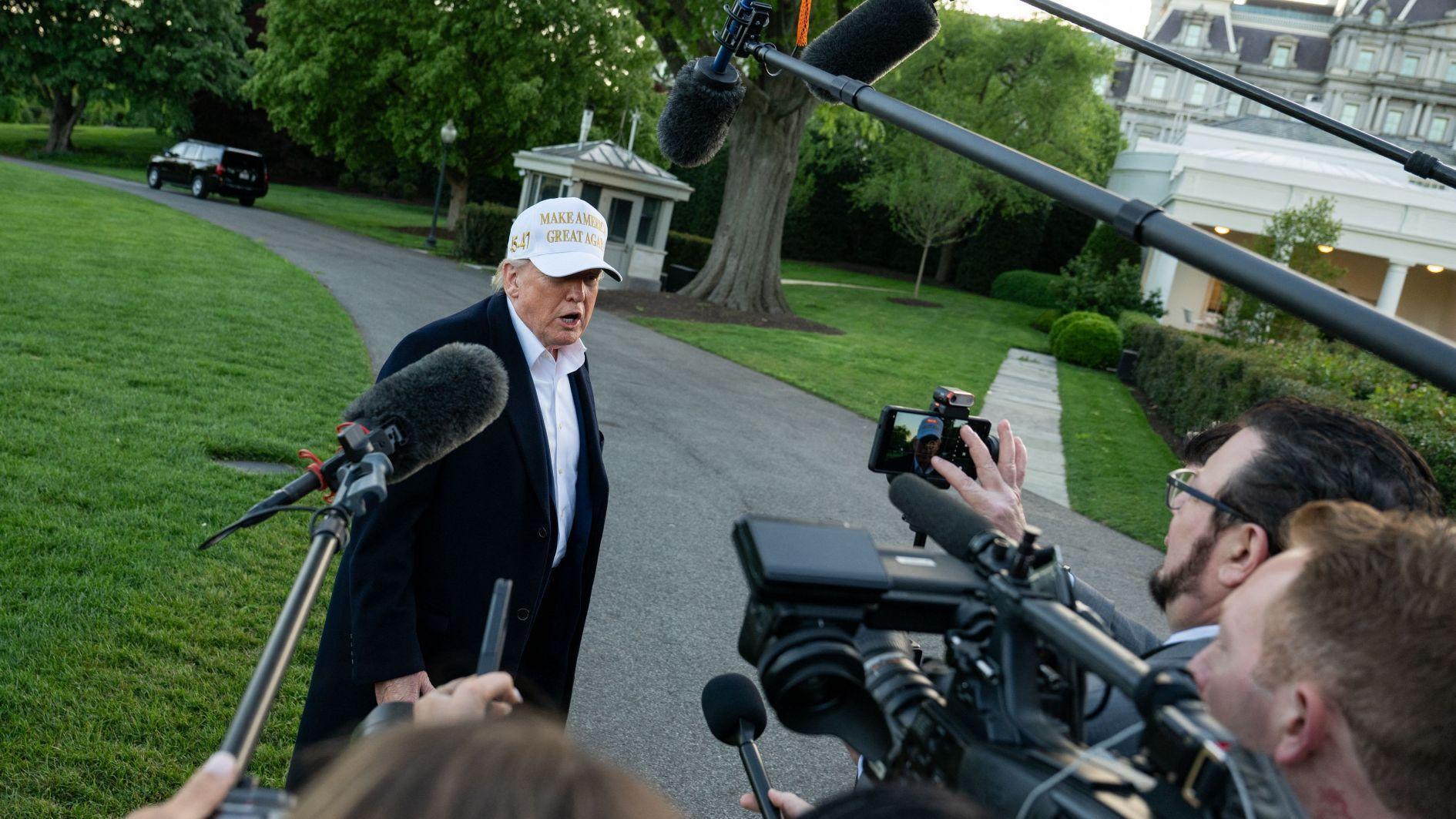AI startups swap independence for Big Tech's deep pockets
NEW YORK

It's the case of the vanishing startup: some of Silicon Valley's most promising names in the fast-developing generative AI space are being gobbled up by or tied to the hip of U.S. tech giants.
Short on funds, in the past few months promising companies like Inflection AI or Adept have seen founders and key executives quietly exit the stage to join the world's dominant tech companies through discrete transactions.
Critics believe these deals are acquisitions in all but name and have been especially designed by Microsoft or Amazon to avoid the attention of competition regulators, which the companies strenuously deny.
Meanwhile, firms like Character AI are reported to be struggling to raise the cash needed to remain independent, and some, like French startup Mistral, are thought to be especially vulnerable to being bought out by a tech giant.
Even ChatGPT's creator OpenAI is locked in a relationship with Microsoft, the world's biggest company by market capitalization.
Microsoft helps guarantee OpenAI's future with $13 billion in investment in return for exclusive access to the startup's industry-leading models.
Amazon has its own deal with Anthropic, which makes its own high-performing models.
Joining the revolution brought by the era-defining release of ChatGPT requires a supply of cash that only tech behemoths like Microsoft, Amazon or Google can afford.
Breaking from typical Silicon Valley legend, generative AI won't be developed out of some founder's garage.
That type of artificial intelligence is a special breed of technology that requires colossal levels of computing from specialized servers.
"Startups have been founded by former research leaders at big tech companies, and they require the resources that only large cloud providers can make available," said Brendan Burke, AI analyst at Pitchbook.
"They're not following the traditional entrepreneurial journey of doing more with less, they're really looking to recreate the conditions that they experienced working in a highly funded research lab."
Many of these founders, including those at Inflection or Adept, came from Google or OpenAI.
Mustafa Suleyman, the former boss of Inflection, was a leader at Google DeepMind, and has now left his startup, with key employees in tow, to head up the consumer AI division at Microsoft.
Inflection still exists on paper but has been stripped of the very assets that gave it value.
Lining up with the big tech companies "makes a lot of sense," said Abdullah Snobar, executive director at DMZ, a startup incubator in Toronto. Their deep pockets help keep "the wheels greased and things moving forward."
But aligning with established tech behemoths also risks "killing competition," potentially creating a situation where "these three big tech companies (are) sucking up all the juice" of creativity and innovation, he added.
















